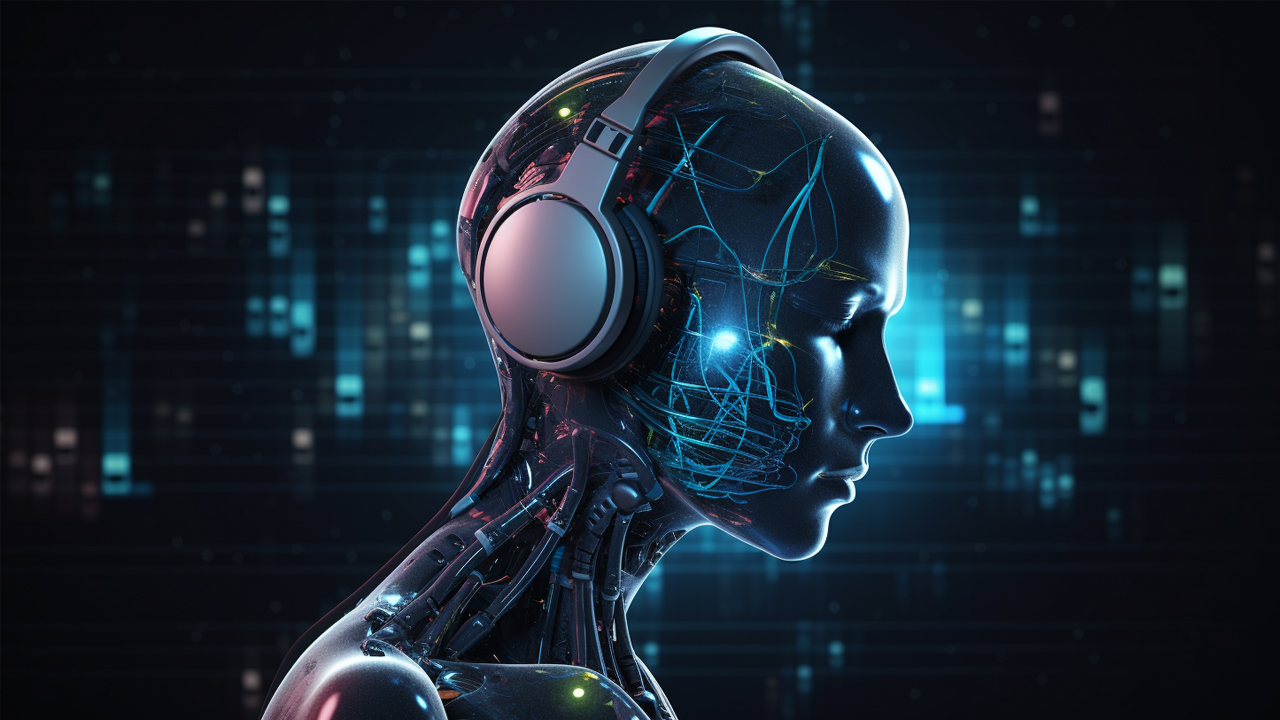
The world was taken by surprise when OpenAI launched the customer-focused ChatGPT 2 years ago. Since then, a lot of people and companies have incorporated it into their daily lives. GPT has seen rapid development, and the different use cases have become practically endless.
Personally, I found the most practical use in coding assistance. Before the new ChatGPT that enabled users to upload input files, it was able to provide general code that I could adjust to meet my personal objectives. This took away the annoying part of programming that forces the user to reread and write the code after receiving endless amounts of error messages, from simple syntax errors to more complex error messages. Last year I celebrated Sinterklaas with my family, and my mother experimented with creating personal poems for me and my brother using ChatGPT. While it was riddled with mistakes and was linguistically weak, it was fun to read. If we were to repeat it this year, I think we would less likely be able to distinguish a funny poem written by GenAI or my mother.
Since then, the capabilities of GPT models have exceeded those of their ancestors. I have used AI in my bachelor thesis to find synonyms or help me rewrite my text more clearly, often using figures of speech I would not have come up with. My research topic was related to the workflow of music creation and the influence of GenAI. Playing with tools like Udio AI and Suno AI and asking them to generate a song as if a classical Dutch song was sung by Surinamese people or creating personal birthday songs were a lot of fun.
Even though these tools are amazing and make us more productive, we should all be wary of the flip side of the coin. We learn from the process of not knowing and finding out, especially if you let your thoughts rest for a moment. But these GPT models take away the hurdles and provide us with the knowledge that could result in us becoming lazy.
To conclude, I believe GenAI can enrich our personal and professional lives but we have to be careful in how much we let these tools decide how our lives are going to look like.

